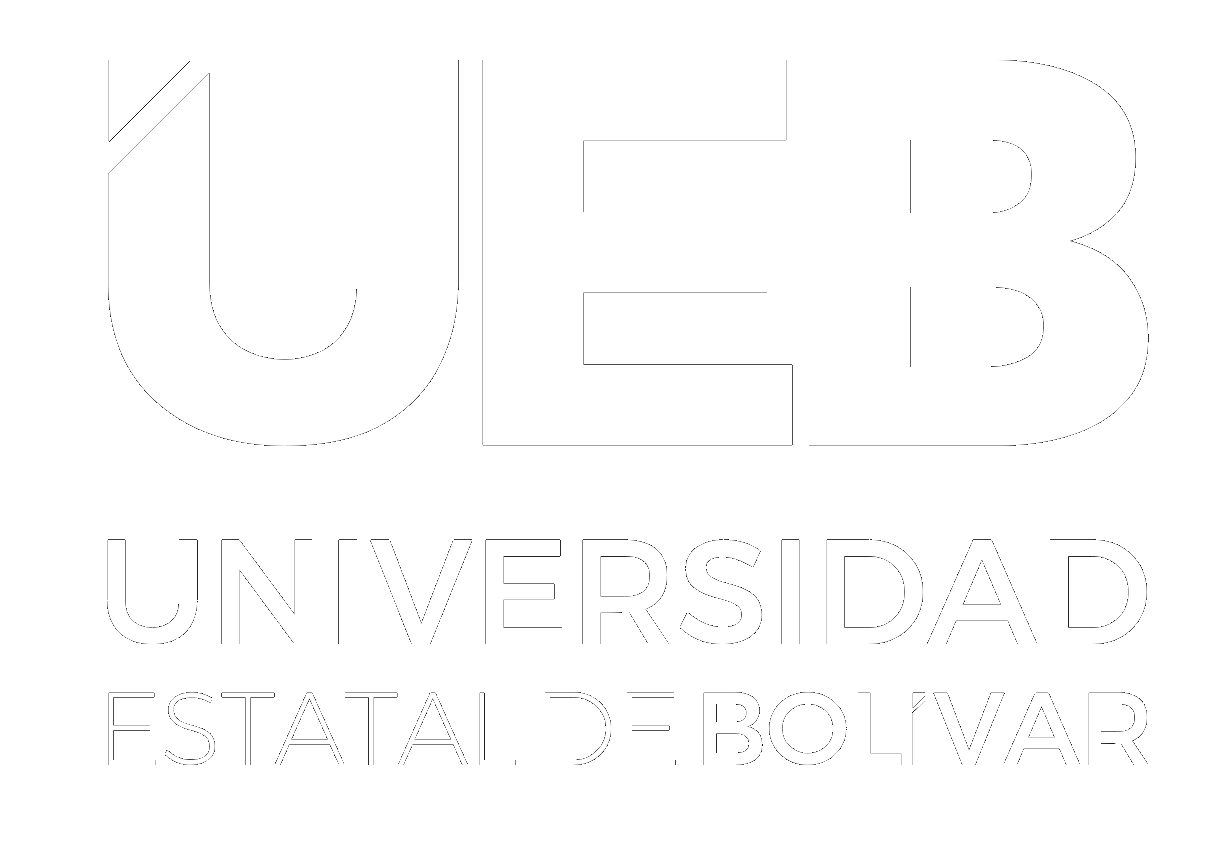Por favor, use este identificador para citar o enlazar este ítem:
https://dspace.ueb.edu.ec/handle/123456789/5087| Título : | La calumnia y la denuncia maliciosa frente al bien jurídico tutelado y su juzgamiento en el Código Orgánico Integral Penal, año 2022. |
| Autor : | Chávez Taco, Marco Vinicio Solano Buñay, Diana Carolina |
| Palabras clave : | CALUMNIA DENUNCIA MALICIOSA JUZGAMIENTO CÓDIGO ORGÁNICO INTEGRAL PENAL DERECHO SUBJETIVO BIEN JURÍDICO PROTEGIDO |
| Fecha de publicación : | may-2023 |
| Editorial : | Universidad Estatal de Bolívar. Facultad de Jurisprudencia, Ciencias Sociales y Políticas. Carrera de Derecho. Abogada de los Tribunales de la República. |
| Citación : | Solano Buñay, Diana Carolina. (2023). La calumnia y la denuncia maliciosa frente al bien jurídico tutelado y su juzgamiento en el Código Orgánico Integral Penal, año 2022. Trabajo de investigación previo a la obtención del título de Abogada de los Tribunales de la República. Guaranda: UEB. 65 p. |
| Citación : | FJCS.DE;714 |
| Resumen : | El presente trabajo de investigación, se centra en analizar dogmáticamente los tipos penales, tanto de la calumnia como el de la denuncia maliciosa, con la finalidad de evidenciar, la diferencia sustantiva de estos delitos respecto del bien jurídico tutelado, concomitantemente determinar, si en el Código Orgánico Integral Penal, existe una estructura sustantiva y procesal, que garantice la aplicación efectiva de los derechos de las personas, relacionados con el honor y buen nombre y que bajo la premisa soberana se cumpla el Estado constitucional de derechos y justicia. Entendido que, en el delito de calumnia, en cuanto la acción para perseguirla es exclusiva de la víctima, al ser un delito del ejercicio privado de la acción, contrario al delito relacionado con la denuncia maliciosa y que la titularidad de la acción la tiene el Fiscal, por otro lado, tanto en la calumnia y la denuncia maliciosa que procesalmente sería aplicable por la falsa imputación de un delito, respecto del elemento de tipo objetivo, esto es el bien jurídico protegido penalmente, como el honor y buen nombre de las personas, únicamente el delito de calumnia castiga la conducta que violenta el derecho al honor y el buen nombre de las personas, contrario al delito relacionado con la denuncia maliciosa que sanciona la conducta que atenta la tutela judicial efectiva. Para determinar lo mencionado, aplicaré, un análisis jurídico-crítico de los aspectos más relevantes de la dogmática penal, como método y subestructura que subyace en el estudio integral del ordenamiento penal positivo, mediante un tipo de investigación que por su importancia es exploratoria, con un punto de vista de tipo cualitativo, aplicando un método empírico de análisis 13 documental a través de textos, bibliografía digital en plataformas y páginas web especializadas en información. Por último, los resultados que se pretenden alcanzar, es establecer claramente la diferencia de estos delitos, respecto al bien jurídico protegido; y, existe o no un sistema procesal claramente establecido para sancionar los delitos de calumnia y denuncia maliciosa, e incluso respecto de sus presupuestos procesales para iniciar la acción. |
| Descripción : | The present research work focuses on dogmatically analyzing the criminal types, both slander and malicious denunciation, with the purpose of evidencing the substantive difference of these with respect to the protected legal right, concomitantly determining, if in the Code Organic Comprehensive Criminal, there is a substantive and procedural structure, which guarantees the effective application of the rights of people, reacted with honor and good name and that under the sovereign premise the constitutional State of rights and justice is fulfilled. It being understood that, in the crime of slander, insofar as the action to prosecute it is exclusive to the victim, since it is a crime of the private exercise of the action, contrary to the crime related to the malicious denunciation and that the ownership of the action is held by the Prosecutor, on the other hand, both in the slander and the malicious complaint that procedurally would be applicable for the false imputation of a crime, with respect to the element of an objective type, that is, the legal right protected criminally, such as the honor and good name of the people , only the crime of slander punishes conduct that violates the right to honor and good name of people, contrary to the crime related to malicious denunciation that punishes conduct that undermines effective judicial protection. To determine the aforementioned, I will apply a legal-critical analysis of the most relevant aspects of criminal dogmatics, as a method and substructure that underlies the comprehensive study of positive criminal law, through a type of research that is exploratory due to its importance, with a qualitative point of view, applying an empirical method of documentary analysis through texts, digital bibliography on platforms and web pages specialized in information. Finally, the results that are intended to be achieved, is to clearly establish the difference between these crimes, with respect to the protected legal right; and, whether or not there is a clearly 15 established procedural system to punish the crimes of slander and malicious denunciation, and even regarding their procedural budgets to initiate the action. |
| URI : | https://dspace.ueb.edu.ec/handle/123456789/5087 |
| Aparece en las colecciones: | Derecho |
Ficheros en este ítem:
| Fichero | Descripción | Tamaño | Formato | |
|---|---|---|---|---|
| Proyecto de Investigacion Diana Carolina Solano Buñay.pdf | Universidad Estatal de Bolívar. Facultad de Jurisprudencia, Ciencias Sociales y Políticas. Carrera de Derecho. | 3,02 MB | Adobe PDF | Visualizar/Abrir |
Los ítems de DSpace están protegidos por copyright, con todos los derechos reservados, a menos que se indique lo contrario.

